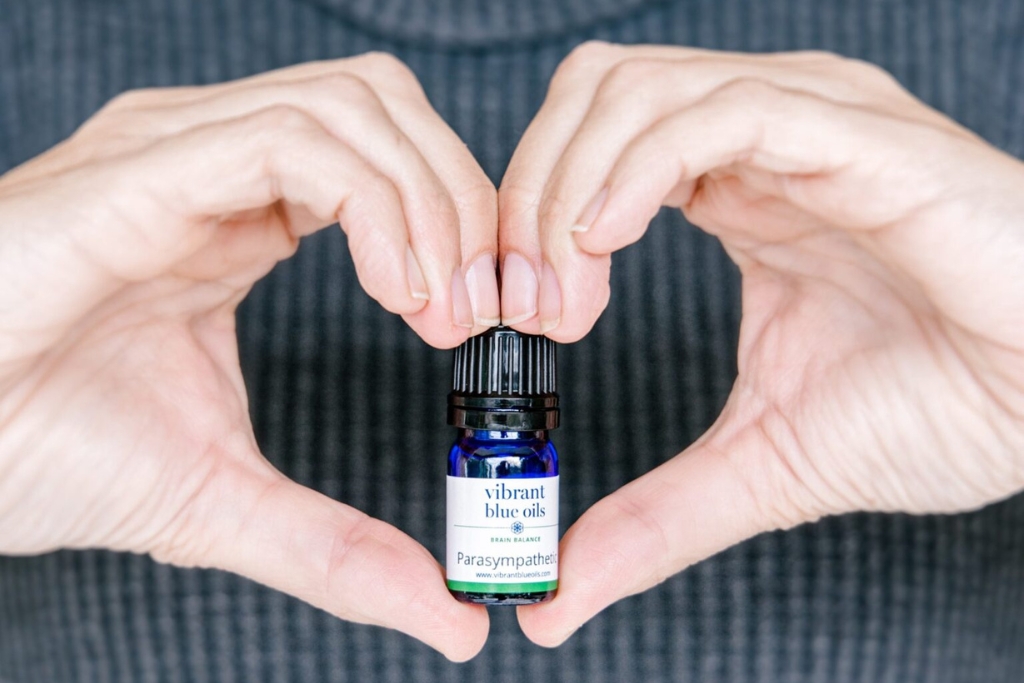Vitamins are essential for our well-being, and among them, vitamin B6 stands out for its crucial role in nerve signaling.
While vitamin B6 is abundant in various foods, many turn to supplements to ensure they meet their nutritional needs. However, a closer look reveals a surprising and potentially harmful side effect of excessive levels of this nutrient – vitamin B6 toxic neuropathy.
Neuropathy caused by vitamin B6 supplementation occurs when individuals consume high doses of the vitamin for an extended period. The Recommended Dietary Allowance (RDA) for Vitamin B6 varies by age and gender, but it generally falls within the range of 100 mg per day for adults from all sources.
Excessive intake exceeding 100 mg per day for a year has been associated with an increased risk of neuropathy. Such high doses are uncommon in a regular diet and generally occur through the prolonged use of supplements.
Most people can meet their nutritional needs through a well-balanced diet without resorting to supplementation. Neuropathy related to vitamin B6 supplementation is more frequently observed in cases of self-prescribed megadoses, often without proper medical supervision.
Individual susceptibility to neuropathy can vary, and some people may be more sensitive to higher vitamin B6 levels than others. To ensure the safe use of supplements and prevent potential adverse effects, it is always smart to consult with a healthcare professional before starting any new supplementation regimen. They can provide personalized recommendations based on your health status, diet habits, and specific nutritional needs.
Understanding Vitamin B6
Vitamin B6, also known as pyridoxine, is a water-soluble vitamin found in foods like poultry, fish, beans, fortified cereals, fruit, potatoes, and other starch vegetables. It plays an important role in nerve signaling due to its job in the synthesis of neurotransmitters. Despite the rarity of vitamin B6 deficiency, however, its supplementation has become common.
Vitamin B6 Toxic Neuropathy
Studies have shown that excessive intake of vitamin B6, exceeding 100 mg per day, can lead to vitamin B6 toxic neuropathy. Neuropathy is a condition where peripheral nerves have become damaged, causing symptoms ranging from tingling, numbness, burning, and pain to more severe issues like difficulty balancing.
Vitamin B6 found in food does not cause peripheral neuropathy. However, vitamin B6 is commonly found in products such as multivitamins and vitamin B complex supplements. These products containing vitamin B6 have the potential to cause vitamin B6 toxicity that may lead to vitamin B6 toxic neuropathy.
Early Warning Signs
The start of vitamin B6-induced neuropathy typically reveals early warning signs, often burning, tingling, or numbness in the hands or feet. As the condition worsens, you may experience it challenging to maintain balance and handle small objects. These seemingly minor symptoms may be the body’s way of signaling that something is wrong.
The Road to Recovery
A crucial aspect of addressing vitamin B6-induced neuropathy is recognizing the link between symptoms and supplement intake. Once the supplementation is stopped, the recovery process begins. However, it’s important to note that symptoms may continue to progress before gradually resolving. Lack of feeling in hands or feet, in particular, may remain even after other symptoms have been resolved.
Prevention and Moderation
To prevent vitamin B6-induced neuropathy, moderation is key. While the vitamin is essential for overall health, doses from supplements can tip the balance and lead to damaging effects. For most people, getting vitamin B6 through a balanced diet is enough, and supplementation should only be considered under the guidance of healthcare professionals.
Taking Supplements
If you are taking one or more supplements, check if they contain vitamin B6. Look at all the chemical names on the label to be sure about how much vitamin B6 you are taking. Chemical names for vitamin B6 include pyridoxine hydrochloride, pyridoxal 5-phosphate, and pyridoxal 5-phosphate monohydrate.
What out for the symptoms of peripheral neuropathy, such as tingling, burning, or numbness in your hands and feet, and stop taking vitamin B6 if you experience them.
Talk to your healthcare professional about whether supplemental vitamin B6 is right for you.
In Summary
It is important to approach vitamin supplementation with caution. While vitamin B6 is undoubtedly important for nerve function, excessive intake of supplements can have damaging consequences, causing vitamin B6 toxic neuropathy. Recognizing the early signs of neuropathy, understanding the role of vitamin B6, and adopting a balanced approach to nutrition are essential steps toward maintaining a healthy level of this vital nutrient.
So Many B Vitamins: What’s the Difference?

B vitamins are well-known for not just being an important part of a well-balanced diet,…
Chronic Inflammation: The “Root” of Nerve Damage

Most of us think of the immune system as protection to keep us safe from…
Higher Risk of Nerve Damage with Obesity

Over the past four decades, obesity rates have skyrocketed. Data released from the CDC indicate…
How to Get Instant Relief for Twitchy Restless Legs

It’s the middle of the night, you’re exhausted and want to sleep. But your legs…
4 Favorite Vibrant Blue Essential Oils for Nerve Pain

We may receive a small commission for products purchased in this review that support providing…
Oofos Shoes Provides 37% More Impact Absorption

Are you tired of dealing with persistent foot pain that seems to linger no matter…
Dr. Ho’s Blood Circulation Machine for Nerve Health

Good nerve health requires good blood circulation, its a vital factor for healing damaged nerves…
Best Non-Toxic, Organic Mattress for Better Health

Your bedroom is supposed to be a sanctuary—a place where you can rejuvenate, rest, and…











